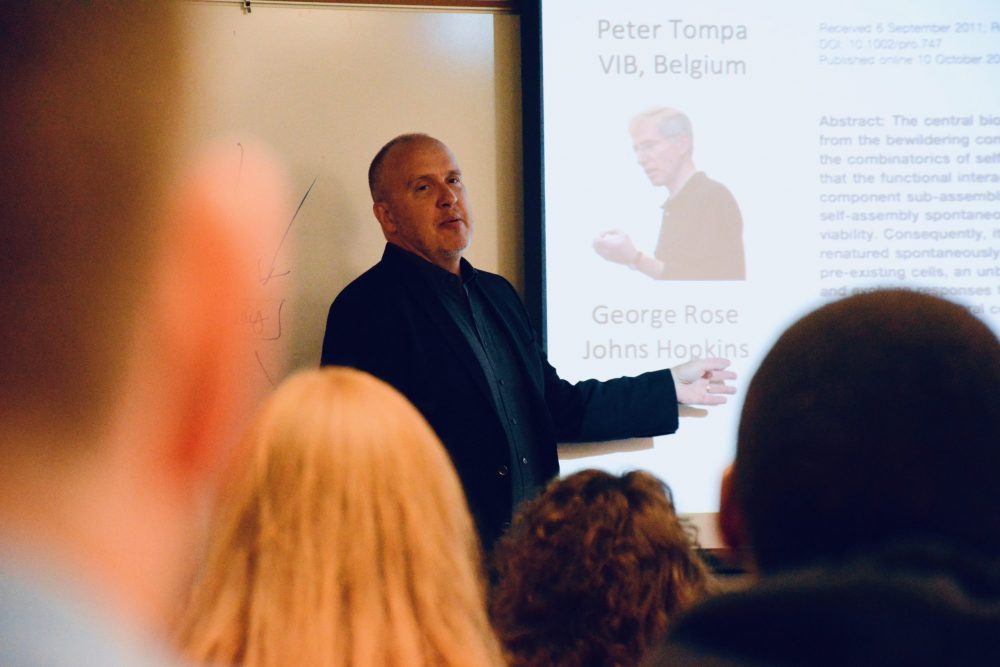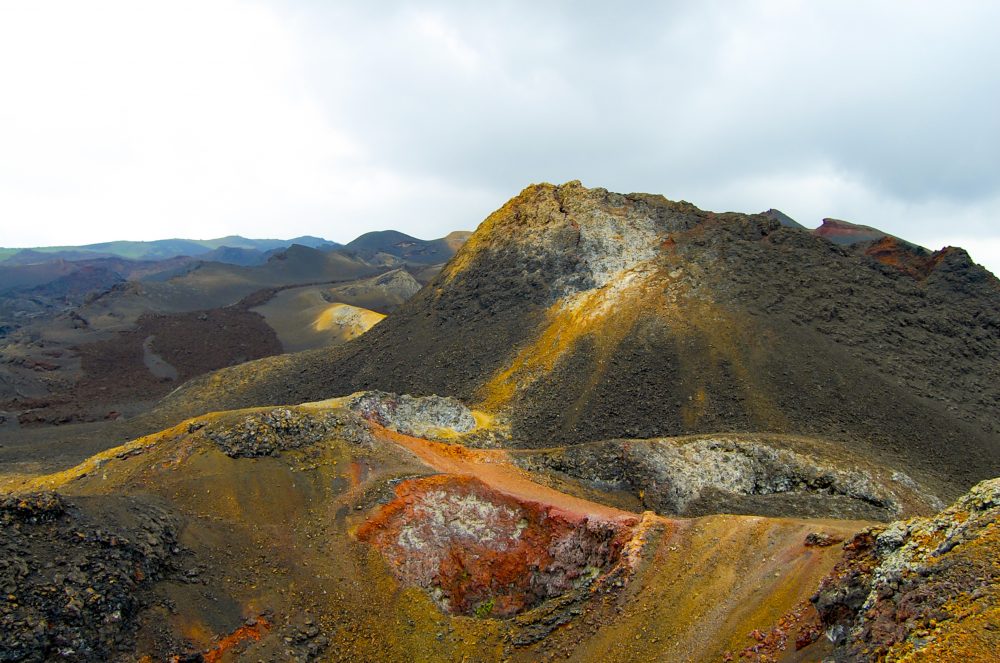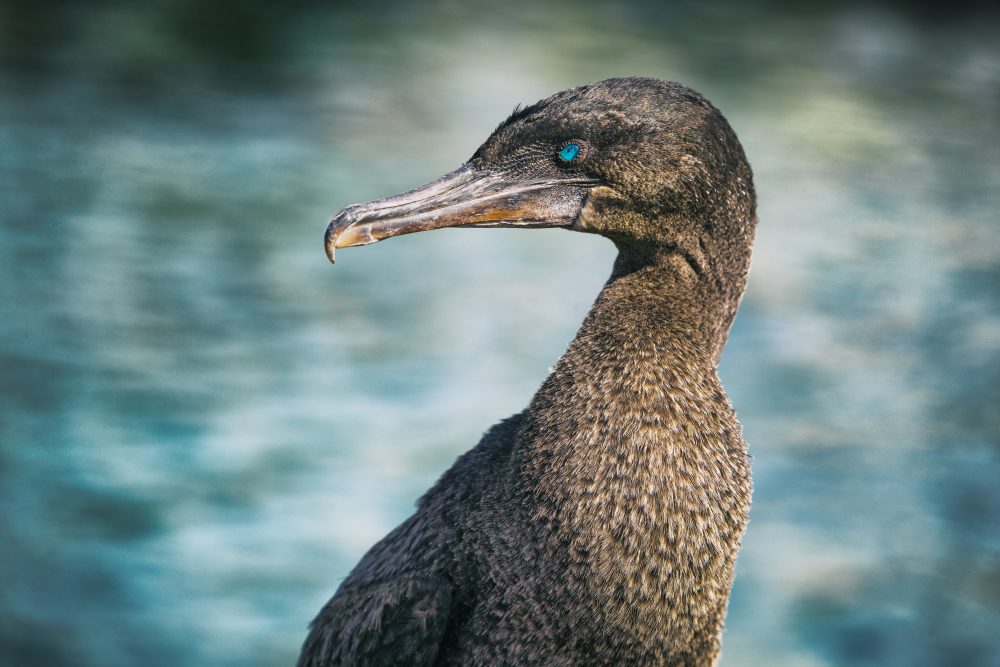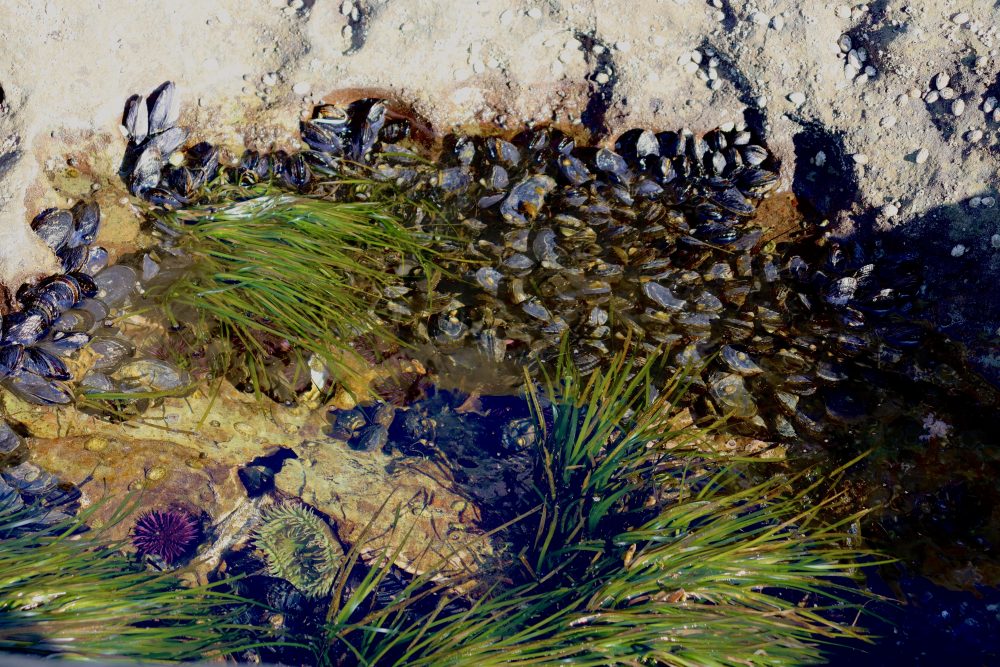
Paul Nelson on the 2020 Summer Seminars on Intelligent Design
On this episode of ID the Future, host Rob Crowther talks with Discovery Institute Senior Fellow and philosopher of science Paul Nelson about the upcoming Summer Seminars at the Discovery Institute in Seattle in July. In two overlapping tracks, these seminars provide nine days of intensive study on design in the natural sciences and in humanities and the social sciences, with the opportunity to interact with top scholars and other students. It’s “summer camp for nerds,” says Nelson, and the opportunity for upper-level undergrads, grad students, professors, and professionals to break free of the isolation they often experience in environments where design is kept off the table. Nelson discusses why he loves lecturing at the seminars every July, and what Read More ›







